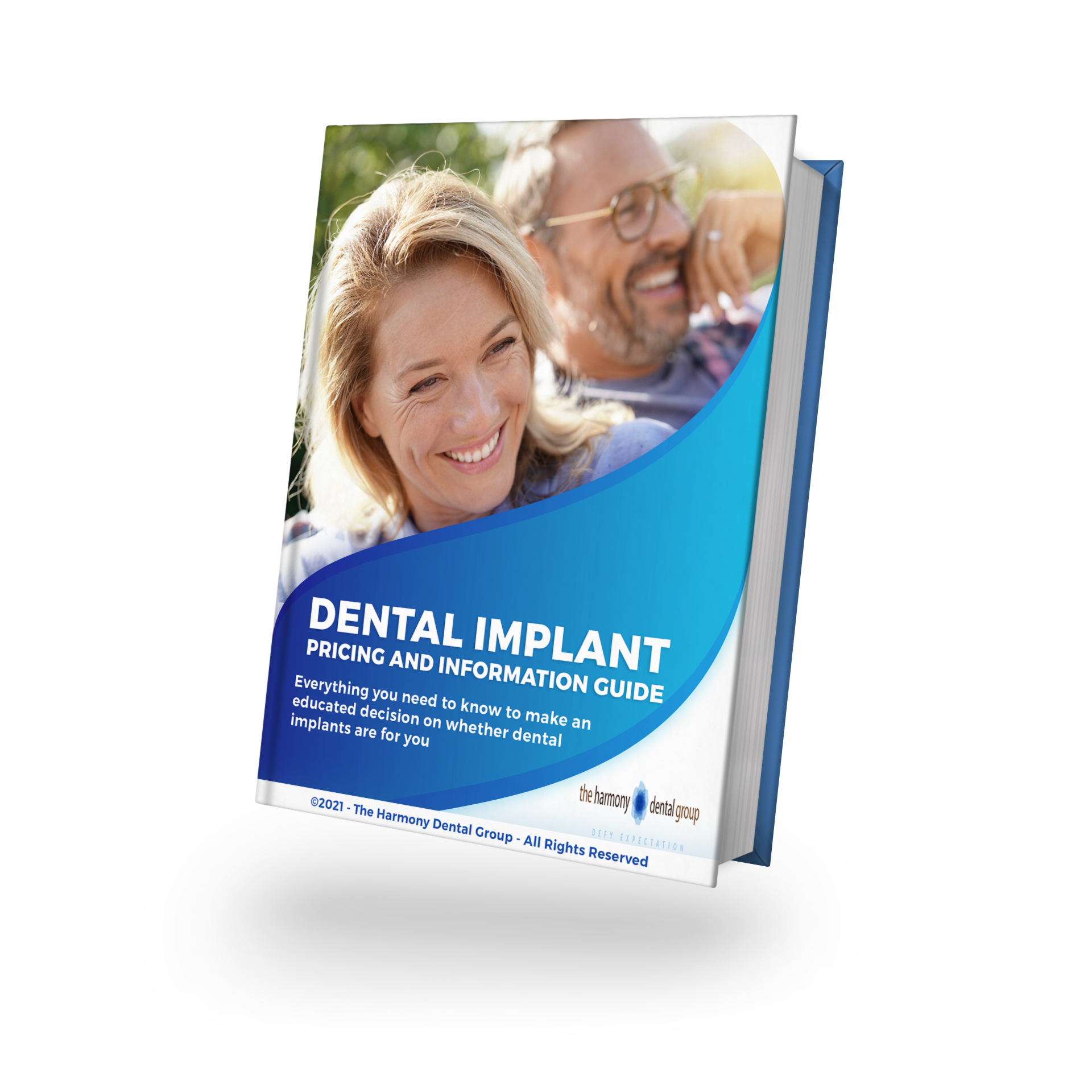tooth implant cost in ct, implants dental, dental implants, how much are dental implants, dental implants near me, dental implants norwalk, full mouth dental implants cost, harmony dental, dental implants norwalk ct, modern dental implants, implant dentist near me, dentist near me, modern dental implant procedures
Benefits of Dental Implants
Dental implants offer numerous advantages over traditional dentures and bridges, making them a preferred choice for tooth replacement. They provide a permanent solution that mimics the function and appearance of natural teeth, allowing patients to eat, speak, and smile with confidence.
In addition to aesthetic benefits, dental implants help preserve jawbone health by preventing bone loss that often occurs after tooth loss. They also do not require alteration of adjacent teeth, maintaining the integrity of your natural smile. With proper care, dental implants can last a lifetime, making them a cost-effective investment in your oral health.
The Dental Implant Procedure Explained
The dental implant process typically involves several stages, beginning with a thorough evaluation and treatment planning. During the initial consultation, your dentist will assess your oral health and determine the best approach for your specific needs, which may include imaging tests and a detailed discussion of your treatment options.
The procedure itself usually consists of implant placement, healing, and restoration. After the implant is surgically placed in the jawbone, a healing period is necessary for osseointegration, where the bone fuses with the implant. Once healed, a custom-made crown is attached, completing the restoration and providing a natural-looking tooth replacement.
Cost Considerations for Dental Implants
Understanding the cost of dental implants is crucial for patients considering this option. The total expense can vary based on several factors, including the number of implants needed, the complexity of the case, and any additional procedures such as bone grafting or sinus lifts that may be required.
While dental implants may have a higher upfront cost compared to other tooth replacement options, their longevity and durability often make them a more economical choice in the long run. Many dental practices, including The Harmony Dental Group, offer financing options to help make this investment more accessible for patients.
Aftercare and Maintenance of Dental Implants
Proper aftercare and maintenance are vital for the longevity of dental implants. Patients are encouraged to maintain good oral hygiene practices, including regular brushing, flossing, and routine dental check-ups to ensure the health of both the implants and surrounding teeth.
In addition to daily care, it's important to avoid habits that can jeopardize implant integrity, such as smoking or using teeth to open objects. Following your dentist's recommendations for care will help ensure the success of your implants and promote overall oral health.
